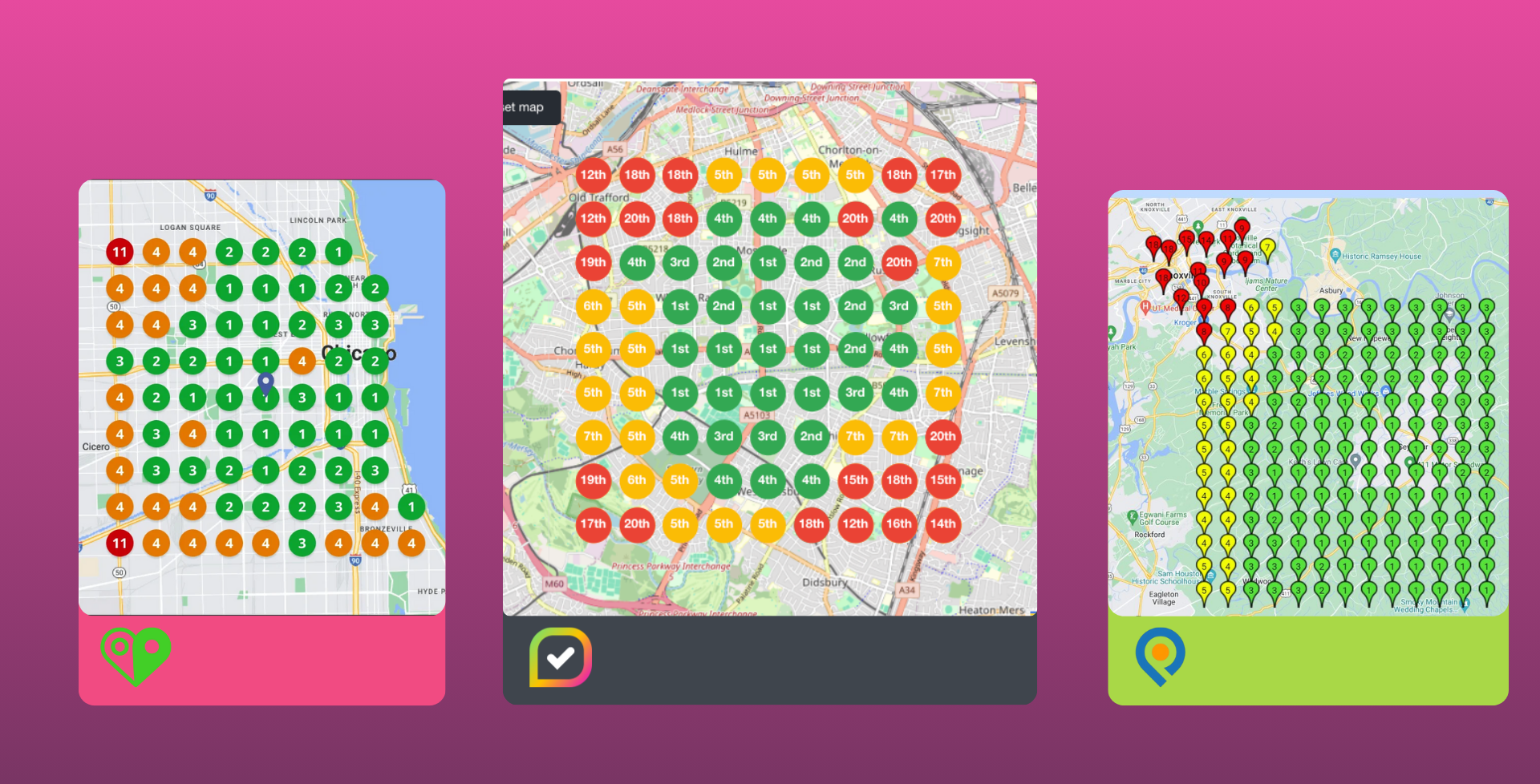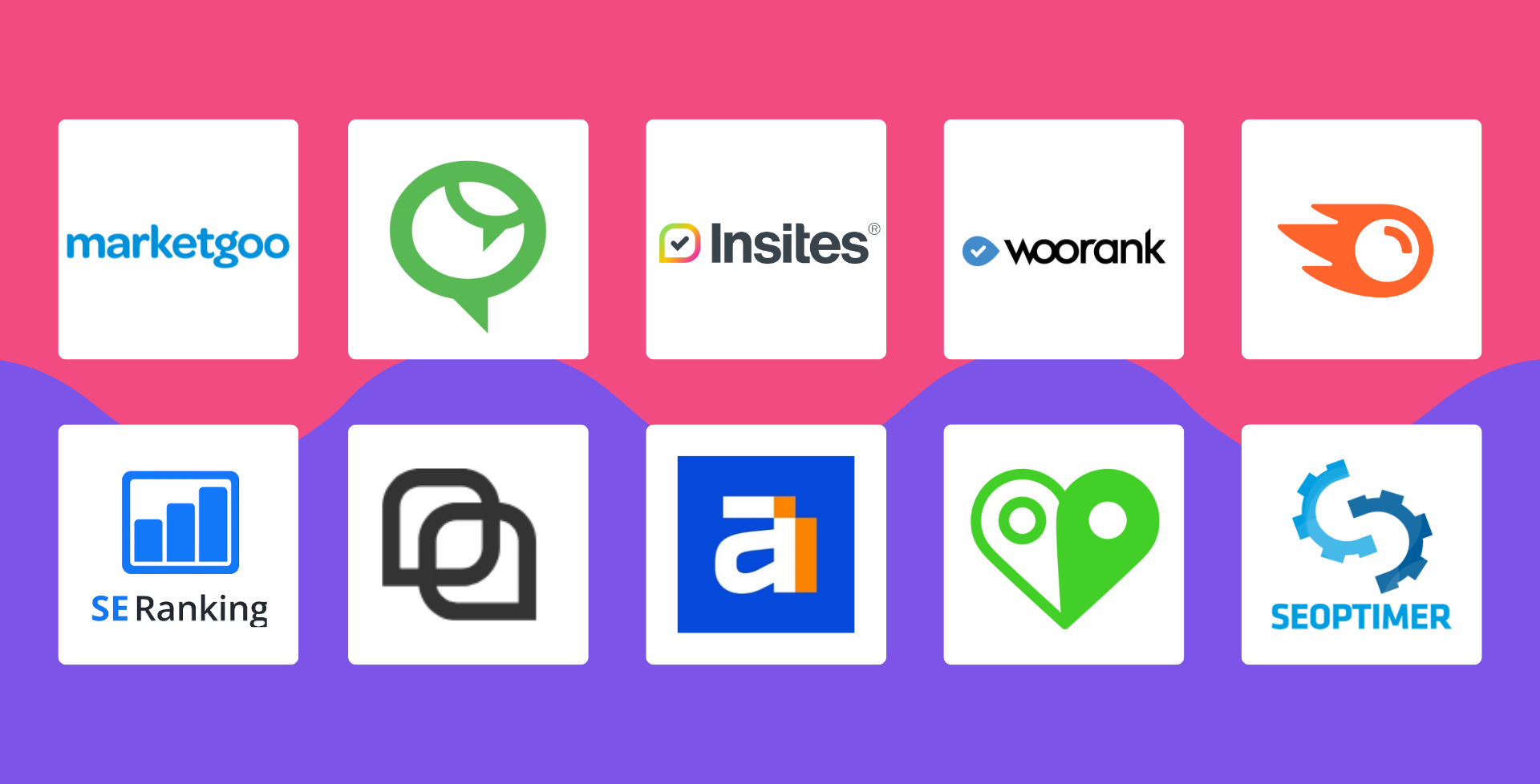Mastering the Sales Pitch: Techniques to Win Over Clients
Sharlotte Briscoe • October 25, 2023
Your sales pitch is the first step of many to closing a deal. Some may argue the most important. Putting together a seamless sales pitch is key to warming up your prospect, to create a smooth transition to a client.
In this post we’re going to explore a multitude of techniques such as creating a compelling opening, demonstrating expertise and tailoring your pitches to address your prospect’s needs. Need a hand with perfecting your sales spiel?
Read on!
Understanding the Target Audience
The first step to mastering your sales pitch is to know who you’re pitching to! The key here is to create an ideal client profile. It should include the demographics of your ideal client, such as age, gender, location, company size, industry, revenue and any other relevant factors.
Nailing this down will allow you to fine tune your approach and make it as effective as possible. You’ll be able to tailor your language for your sales pitch and create some relatability in your conversations.
Part of creating this ideal client persona is identifying their needs, preferences and pain points. Familiarising yourself with the problems that your potential clients are having puts you at the top of the pile and creates a position of authority for you if you already know how to solve their problem before they have to tell you what it is.
Once you’ve done your research and you know that your ideal client is a 45-55 year old plumber/ electrician, possibly named Gary, from the North west of England who considers himself a bit of a dinosaur when it comes to technology, you can then craft a sales pitch that a potential client would be happy to listen to.
Crafting a Compelling Opening
You never get a second chance at a first impression!
We’re all familiar with that phrase because we know it to be true. Especially when it comes to sales. Use the wrong opening and your prospect will be mentally checked out in a flash.
Your opening line should command
the client’s attention – it should be clear, concise and juicy enough to keep them listening. A weak opening will most likely result in a wishy washy interaction, where the client is just waiting for you to finish so they can get on with their day. Whereas if you curate an opening line that packs a punch, your client may have no choice but to engage with your wit and charm!
One of the ways you can really pique a client’s interest is using statistics or anecdotes that are impactful. These nuggets of information may be small but they’ll assist you in backing up those claims you’re about to make with facts and figures. This will boost the trust factor within that initial interaction, as it will demonstrate your expertise and your attention to detail.
Remember! Your clients have a very short attention span so it’s crucial that you highlight the value proposition. Always lead with the benefit and how your product is going to help. Your clients do not care about the features or how it works until after you’ve communicated what it’s going to do for them.
Demonstrating Expertise and Credibility
We’ve already touched on this a little, but demonstrating your expertise is a big contributing factor as to whether a company will work with you or not. If someone is going to leave the fate of their business partially in your hands, they want to know that you know your stuff! Especially if their knowledge isn’t particularly up to scratch.
Being able to showcase the experience you have and the knowledge you’re bringing to the table, will help the client feel more comfortable about transacting with your agency. It can also break down the age old ‘dodgy salesperson’ stereotype. If you’re able to present some tangible evidence that you’re an industry expert.
Word of mouth is an ever-powerful trust building tactic. Case studies, testimonials, or success stories definitely fall under this category. Presenting your clients with case studies or reviews of happy clients and amazing work or services you’ve carried out will also build on that feeling of ease towards working with you and your agency.
When paying for a product or service, we all look at reviews, pictures or videos of them to ensure that the claims of the company are backed up. So it’s super important to start building trust and confidence in your abilities from the get go. Make sure that your reviews, case studies and success stories are easily accessible so that the client can look you up for themselves.
Honesty, professionalism and confidence in your delivery all contribute to creating that trusting relationship with your clients. If you don’t have confidence in your product, how will anyone have confidence in you to deliver?
Customising the Pitch to Address Client Needs
Solving pain points
As an agency, you’ll most likely have an array of different products. But part of your skills as a sales person is identifying where your client needs help and presenting that specific solution(s) to them.
You don’t want to just hand over a generic list of products and hope for the best. Learning to tailor each conversation to the person you’re talking to will yield the best results.
As a service provider, your agency’s sole purpose is to solve clients’ pain points. So getting familiar with them and knowing what to suggest to remedy them will result in you becoming a trusted advisor.
Lead with benefits
To deliver an effective pitch, the bulk of it needs to be about the benefits. Cut out the fluff and get to the part that the client cares about – the benefits & outcomes. It’s great to have a pitch that consists of a beginning, middle and end with lots of fancy words, so eloquently strung together but unfortunately, that isn’t going to reel the client in. And will most likely bore them!
Start at the end and describe exactly what your product is going to do for them. How it’s going to help their business and what outcome they can expect, then once you’ve caught their attention and they’re engaging. That’s when you can go into the detail of your product and how it works.
Ultimately, a great sales pitch is client focused and will hone in on what it’s going to do for them.
Personalising your pitch
Now this is how you’re going to connect to your client on a deeper level and build rapport quickly!
We can all tell when we’ve been sent an email that was copied and pasted 10,000 times. And the generic sales drivel is enough to make you want to launch your laptop out the window. But if someone approaches you and their effort to learn something about you and your business is evident in their opening, it makes you want to lend them your ear and hear what they have to say.
And this is the approach you should take. How can you personalise your pitch? Here are a few suggestions to get you started:
Understand your prospect
Look your clients up before you speak to them. Learn about their company or their role at the company. Read up on the industry, the challenges they face and recent news/changes.
Address them by name (if possible)
There isn’t much more personal than using someone’s name and if you can find that out, you’re onto a winner. Again it proves you’ve taken the time to learn about the client and you’re treating them as an individual rather than a number.
Share relevant examples
Use your reviews and case studies that resonate with that client’s situation and needs. Demonstrating how your solutions have helped a company in a similar way can be very persuasive.
Refer back to recent interactions
If you’ve had any other interactions with the client then make sure you mention them when you speak to them again. Even follow up on something you spoke to them about before like a holiday, or their pet to show your attention to detail and that you value the relationship.
Touch on mutual connections
If there are any mutual experiences or connections you have, drop them in! You can talk about your pets, if you’ve visited the same country on holiday or you’ve got family in the same city they live in. Having something you both relate to can set the tone for building rapport easily.
Ask Open-Ended Questions
During your pitch, ask open-ended questions to encourage the client to open up more about their specific pain points. This will help you tailor your pitch as you go along!
Overcoming Objections and Handling Rejections
Compiling a list of objections and coming up with ways to handle them will elevate your sales pitch. It’ll make sure that you don’t look like a deer in headlights when a client hits you with an objection. You’ll be armed with a prepared response to combat any resistance to your pitch.
Although you want to be prepped with objection handlers, make sure that you’re meeting those concerns with empathy and understanding. Acknowledge their concerns and actively listen to the clients hang ups. Using a more empathetic approach can soften their resistance if they’re not met with a hard sell.
You can sometimes be met with difficult or standoffish reactions to your sales pitch. But it’s essential that you remain calm and professional. Be understanding and use grace when you’re handling rejections. There’s nothing worse than a stroppy salesperson when the pitch doesn’t go their way.
HUGE turn off.
If they’re definitely not having it then thank them for their time and express your willingness to help if their needs change.
Effective Communication and Active Listening
Effective communication
Even though you’re the one pitching, always leave room for a two way conversation. Allow your client to express themselves, their wants, needs and concerns and don’t interrupt! Ask them open questions and let them have their say – let them ask you questions to get all of the information they about your products.
As we mentioned before, open ended questions are a must in a well crafted sales pitch. Not only are you finding out more about your client and what their needs are. It builds on the relationship you’re starting with this client. Start your questions with who, what, where and why. And then note down all of the nuggets of information that your client will give.
It also curates a smoother interaction – more conversation-like. Rather than the client being sat having to listen to you talk at them.
Listening actively
Practise active listening. Don’t just listen to respond.
There’s an abundance of reasons as to why active listening is important. As well as the fact that it’s just respectful. But it can pave the way for you to identify buying signals. Picking up signals that the client is interested in buying and make your closing attempts well timed.
Soaking in all of the information the client is giving you will help you ask relevant questions and line up effective responses to any objections. You can also reflect back on your active listening skills and refine your pitch to ensure you’re continuously improving.
And in addition to all of the above it’s just respectful and courteous to actually listen to someone when engaging in a conversation with them. It feels good to be heard and providing a positive experience for the customer is a win all around!
Creating a Sense of Urgency
Now that you’ve done the hard work and the client is all ears. It’s time to create some urgency!
Scarcity or limited offers
Use scarcity or limited time offers to motivate the client to take action and sign on the dotted line. Let them know that these deals are only available for a short period. Or emphasise a limited availability of the product. Along with telling them that you have other clients who are interested in buying the product too.
Exclusivity
Angle your pitch in a way that makes your clients feel like they would be part of an exclusive group if they bought the product. Let them know that the offer is only available to a few companies, so this is a rare opportunity to benefit from this product.
Consequences of inaction or delay
Be sure to explain what your client could miss out on if they delay their decision or don’t take action soon enough. These consequences could include lost savings, missed opportunities, or their competitors having an advantage over them.
Encouraging clients to make a decision promptly
In line with the consequences of delay – communicate the benefits of acting now. Layout how your product can solve their problem, save them money, time or enhance business practises. Along with the current discount or special offer that you’re giving them.
Call to Action and Next Steps
We’re on the last leg now! Your final step in your sales pitch is the call to action and outlining the next steps.
Clearly state the desired action from the client and reiterate the benefits of taking this action. Remember that they’ve just taken in a lot of information. So don’t assume that they know or remember how to sign up or what the next steps are.
Provide them with clear instructions for signing up and what the next steps are. Always offer additional support, and make sure that they know that someone is available to answer any questions they have or for support.
Offering additional incentives if you can is always a bonus and adds a bit more value, so the client feels like they’ve walked away with a fab deal!
Conclusion
There’s a lot that goes into crafting a top notch sales pitch. A masterful salesperson needs to be a bit of a jack of all trades as there are so many different elements to each step of the sales pipeline. But if there’s one thing we can all agree on, it’s that sales people are the backbone of a digital agency. So making sure your sales teams’ knowledge and skills are top tier is crucial to your agency’s success!
Active listening, charisma, empathy and communication are all invaluable skills needed to make up a cracking salesperson.
To summarise, the key techniques are:
- Understand your target audience
- Craft a compelling opening
- Demonstrate your expertise and credibility
- Customise your pitch to address clients’ needs
- Overcome objections and handle rejections
- Effective communication and active listening
- Create a sense of urgency
- Call to action and next steps
Expanding on your expertise as a salesperson never ends. We suggest continue to practise and learn to ensure that you’re always refreshing your knowledge and levelling up your pitching skills.
Sales are the backbone of any business. So it only makes sense to set yourself up for success before you’re sat in front of a customer.
But a great sales pitch is so much more than being a charming salesperson. Your communication, empathy, active listening skills and accurate and robust digital audits are also key in successfully closing sales.
Insites provides comprehensive audits to support that glittering sales pitch you're about to write.
Our audits cover everything you need as a digital marketing solutions provider; SEO, spelling and grammar, accessibility, social presence and more. Plus, they're ready in just 60 seconds.
Discover the power of Insites today and
book a call with us.
Happy pitching!
 The Insites Team
The Insites Team


























